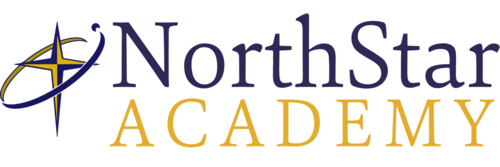Summary of course content and activities:
In this Grade 9 Language Arts course, students delve into a diverse array of literary genres, from short stories and poetry to novel studies on "The Bronze Bow," "The Pearl," and "Romeo and Juliet." They explore the intricacies of narrative structure, character development, and thematic analysis while also honing their skills in persuasive writing through the study of fables, tales, and the structure of the five-paragraph essay. Through diverse and creative assignments, students learn to identify and employ literary techniques such as metaphors, hyperbole, and irony and are encouraged to demonstrate their learning through presentations, various writing projects, and discussion groups from a biblical perspective.
Pre-requisite(s):
Language Arts 8
Materials and resources provided by NSA, purchased by student, and/or recommended:
Provided by NSA:
- The Bronze Bow, by Elizabeth George Speare
- The Pearl, novel by John Steinbeck
- Romeo and Juliet, by William Shakespeare
- Various e-text readings provided with the lessons
Recommended but not required:
- Hard copy Dictionary and Thesaurus
Forecasted amount of time required to complete each week's lesson:
4-6 hours per week.
Description of student evaluations, quizzes, and tests:
There are four major grading periods. Assignments are broken down as follows:
- Assignments: 70%
- Tests/Projects: 20%
- Discussions: 10%
